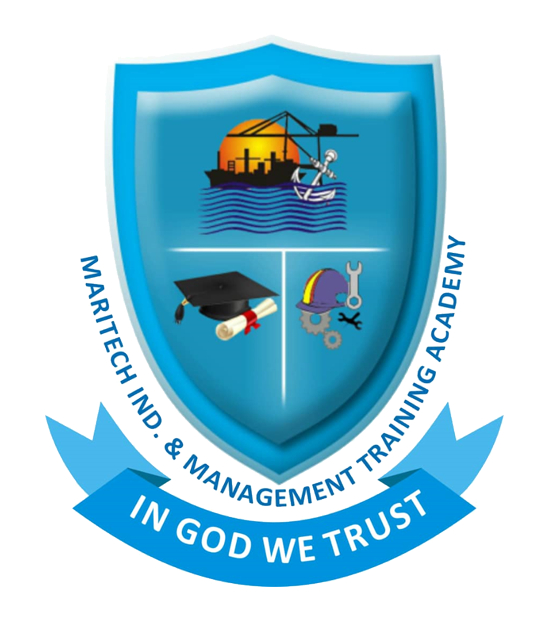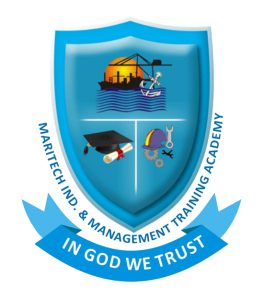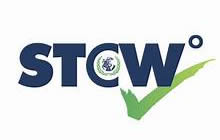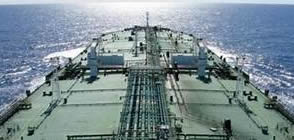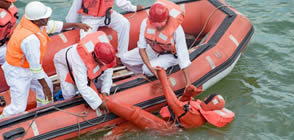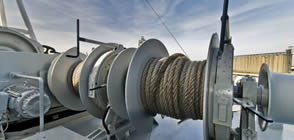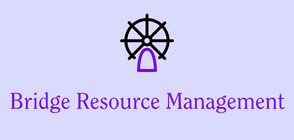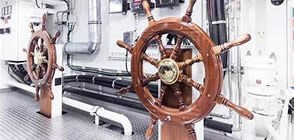Proficiency in Survival Craft And Rescue Boats And Other Than Fast Rescue Boat (PSCRB) Apply Today to Gain Access to Top-Quality Training in Maritime and Oil & Gas. Register Now Target Group Seafarers Designed to be in command of launching and operating lifeboats, Survival Craft, and rescue Boat. Aims This model course aims to provide the training for candidates to launch and take charge of a survival craft or rescue boat in emergency situations, in accordance with section A-VI/2 of the STCW code. Objectives This syllabus covers the requirements of the STCW convention charter VI, section A-VI/2, table A-VI/2-1. On meeting the minimum standard of competence in survival craft and rescue boats other than fast rescue boats, a trainee will be competent to operate life-saving appliances and take charge of a survival craft or rescue boat during or launch. They will also be able to operate a survival craft engine and manage survivors and survival craft after abandoning ship. Trainees will know the correct use of all locating devices, including communication, and signaling apparatus and pyrotechnics, how to apply first aid to survivors and the actions to take to preserve the lives of those in their charge. Entry standards Admission to the course, seafarers must be certified by a doctor to in good health. They must also have completed the four basic courses covering the familiarization and basic safety training and instruction in accordance with regulation VI/1 of STCW. Course certificate On successful completion of the course and demonstration of competence, a certificate may be issued certifying that the holder has met the standard of competence specified in table A-VI/2-1 of STCW. Such a certificate may be issued only by centers approved by the administration. Course intake limitations The maximum number of trainees attending each session will depend on the availability of instructors, equipment, and facilities available for conducting the training. It should not exceed the number of persons which the survival craft to be used is permitted to carry, and should not, at any time, exceed that which will allow sufficient opportunity for each trainee to have adequate practical instruction in procedures for the proper use of systems and equipment. Staff requirements The instructor shall have appropriate training in instructional techniques and training methods (STCW Code section A-I/6, parag.7) Training facilities and equipment Ordinary classroom facilities and an overhead projector are required for the lectures. In addition, a demonstration table measuring 3 m by 1 m would be an advantage. When making use of audio-visual material such as videos or slides or should be ensured that appropriate equipment is available.
